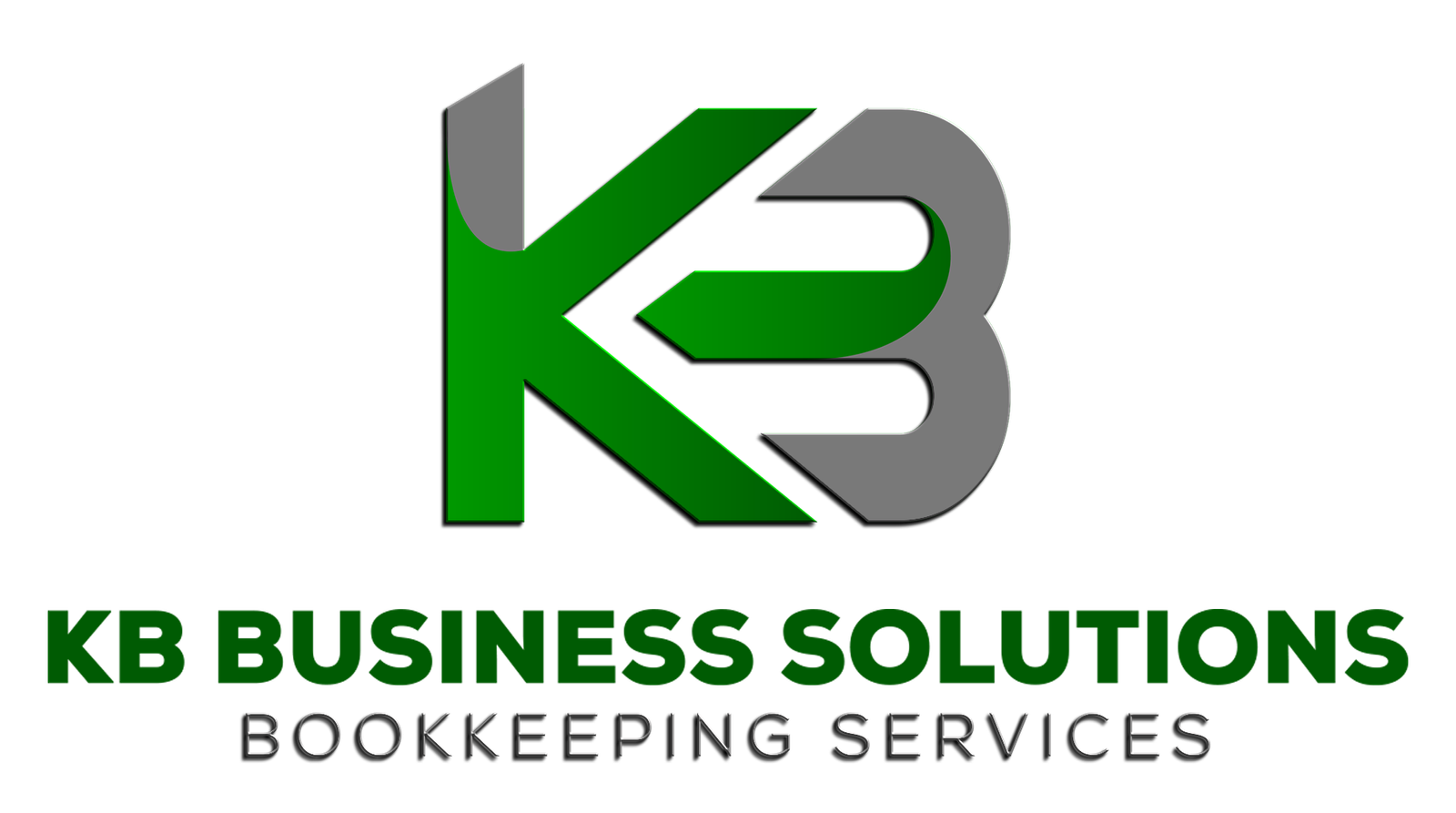Effective bookkeeping is essential for the financial health and success of any business. However, many business owners often make critical mistakes that can lead to financial mismanagement and costly errors. Here are some common bookkeeping mistakes to avoid to ensure the accuracy and efficiency of your financial records:
1. Inconsistent Record-Keeping: One of the most common mistakes is failing to maintain consistent and organized records. This can lead to inaccuracies, missing transactions, and difficulty in tracking financial performance.
2. Mixing Personal and Business Finances: It’s important to keep personal and business finances separate. Failing to do so can result in confusion, inaccurate reporting, and potential legal or tax issues.
3. Ignoring Reconciliations: Neglecting to reconcile bank statements, credit card statements, and other financial accounts can lead to discrepancies and missed transactions. Regular reconciliations are crucial for identifying errors and ensuring the accuracy of your financial records.
4. Not Backing Up Data: Failure to regularly back up financial data leaves the business vulnerable to data loss in the event of hardware failure, theft, or other unforeseen circumstances. Implementing a regular backup system is essential for data security.
5. Misclassifying Expenses: Incorrectly categorizing expenses can skew financial reports and lead to incorrect decision-making. Take the time to properly categorize expenses to gain an accurate understanding of your business’s financial health.
6. Overlooking Tax Deadlines: Missing tax deadlines can result in penalties and unnecessary stress. Keep track of important tax deadlines and ensure that all necessary filings and payments are made on time.
7. Not Seeking Professional Help: Attempting to manage complex financial matters without professional expertise can lead to costly errors. Consider seeking the help of a professional bookkeeper or accountant to ensure compliance and accuracy.
Avoiding these common bookkeeping mistakes is essential for maintaining accurate financial records and making informed business decisions. By prioritizing proper record-keeping and seeking professional guidance when necessary, businesses can establish a solid foundation for financial success.




